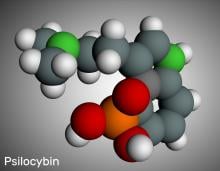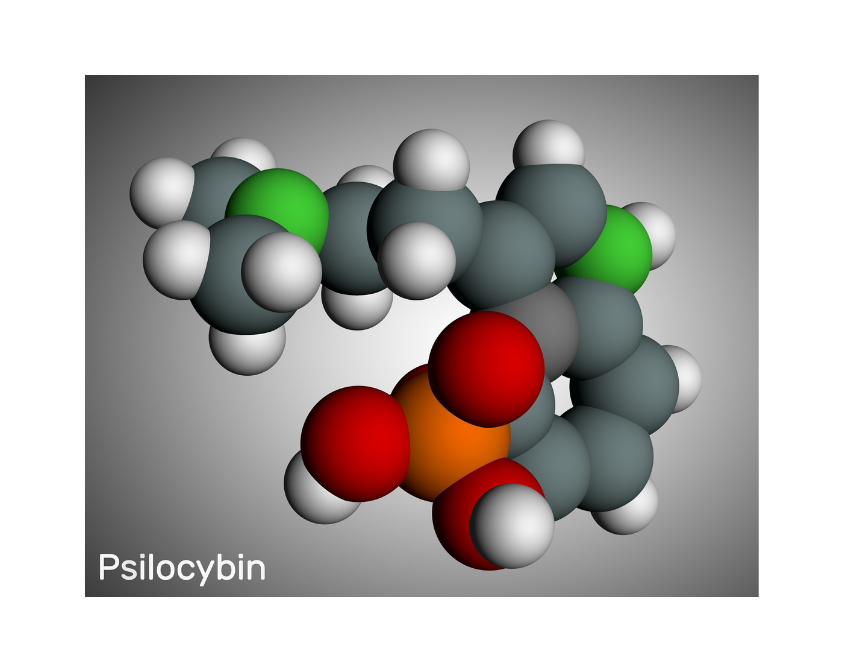
Member Prices
There is a recent and growing resurgence of interest in the potential for psychedelic compounds to be utilized as treatments for mood and anxiety disorders when administered in the context of a psychotherapeutic regimen. Chief among the substances most extensively studied is psilocybin, a compound originally derived from a genus of mushrooms that occurs naturally in most continents across the world.
Though still undergoing clinical research, the Food and Drug Administration has now granted psilocybin-assisted psychotherapy the breakthrough therapy designation for the treatment of major depressive disorder. Given accumulating evidence for the efficacy of psilocybin-assisted psychotherapy in the treatment of major depressive disorder, as well as recent successful efforts to decriminalize psilocybin mushrooms and destigmatize the use of psychedelic substances for therapeutic purposes, it is increasingly likely that mental health practitioners will have the opportunity to avail themselves of this treatment modality in the near future.
At the end of the webinar, the audience members will have a broad overview of the history, current clinical practice, and potential therapeutic mechanisms underlying psilocybin-assisted psychotherapy.
Learning Objectives:
- Participant will be able to describe the current state of evidence for the efficacy of psilocybin-assisted psychotherapy in the treatment of major depressive disorder and anxiety and depression secondary to life-threatening cancer.
- Participant will be able to describe the elements and practice of psilocybin-assisted psychotherapy that are unique to a psychedelic drug-assisted psychotherapy and that are unique from existing empirically-supported psychotherapeutic treatments.
- participant will be able to demonstrate basic knowledge of how psilocybin exerts effects on the brain, how these effects manifest in neuroimaging and subjective self-report measures over a temporal course, and how such effects may serve as potential neurobiological mechanisms of therapeutic benefit.













